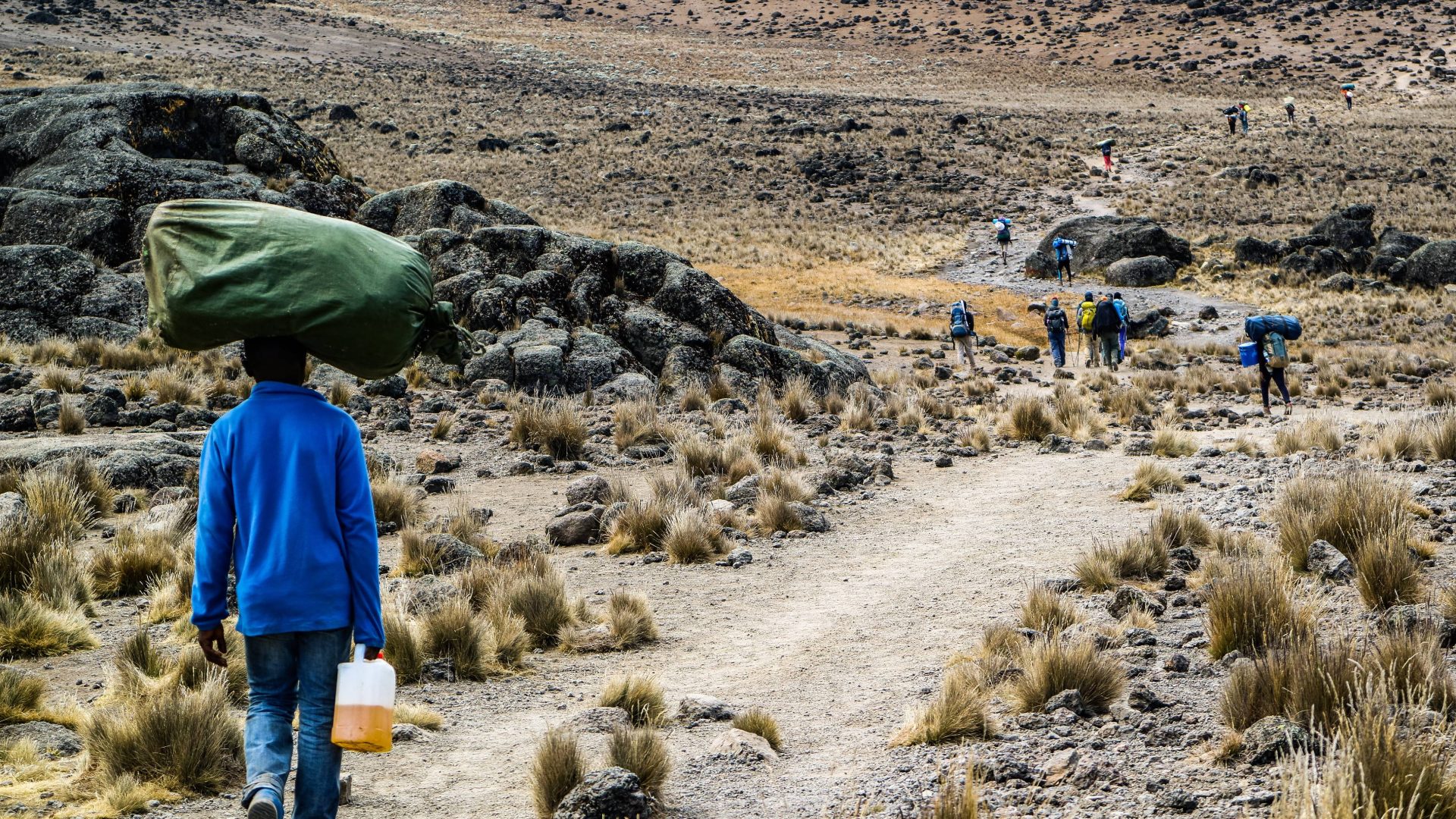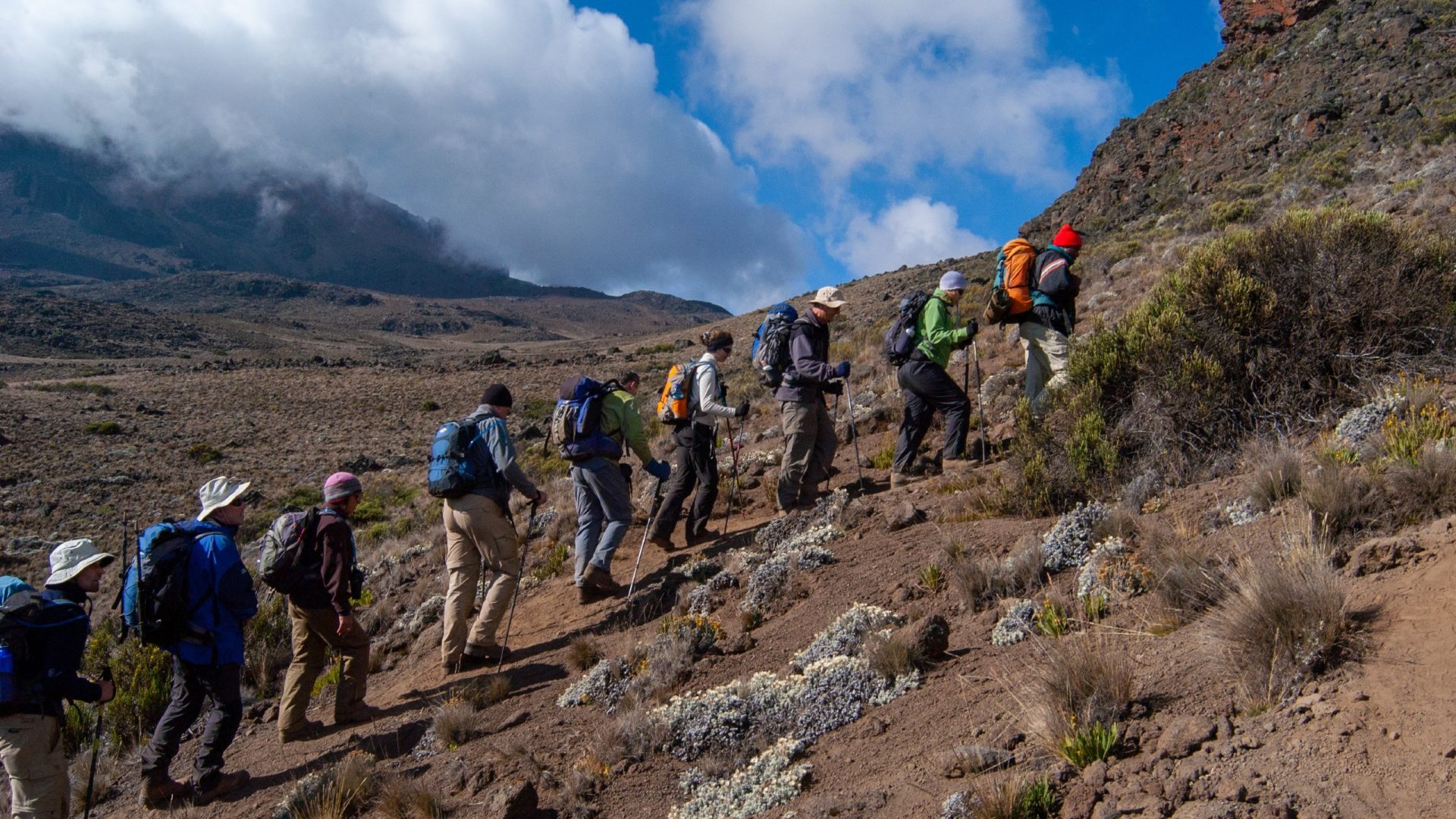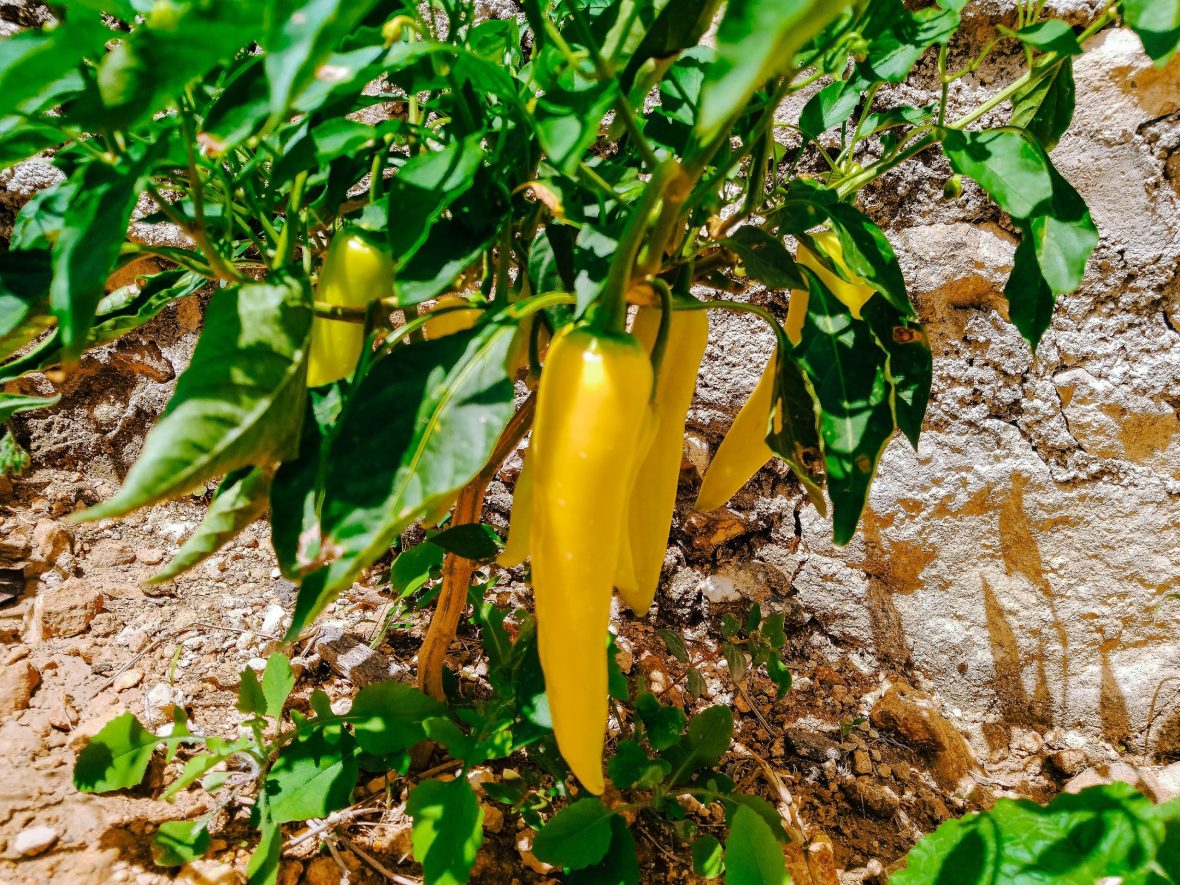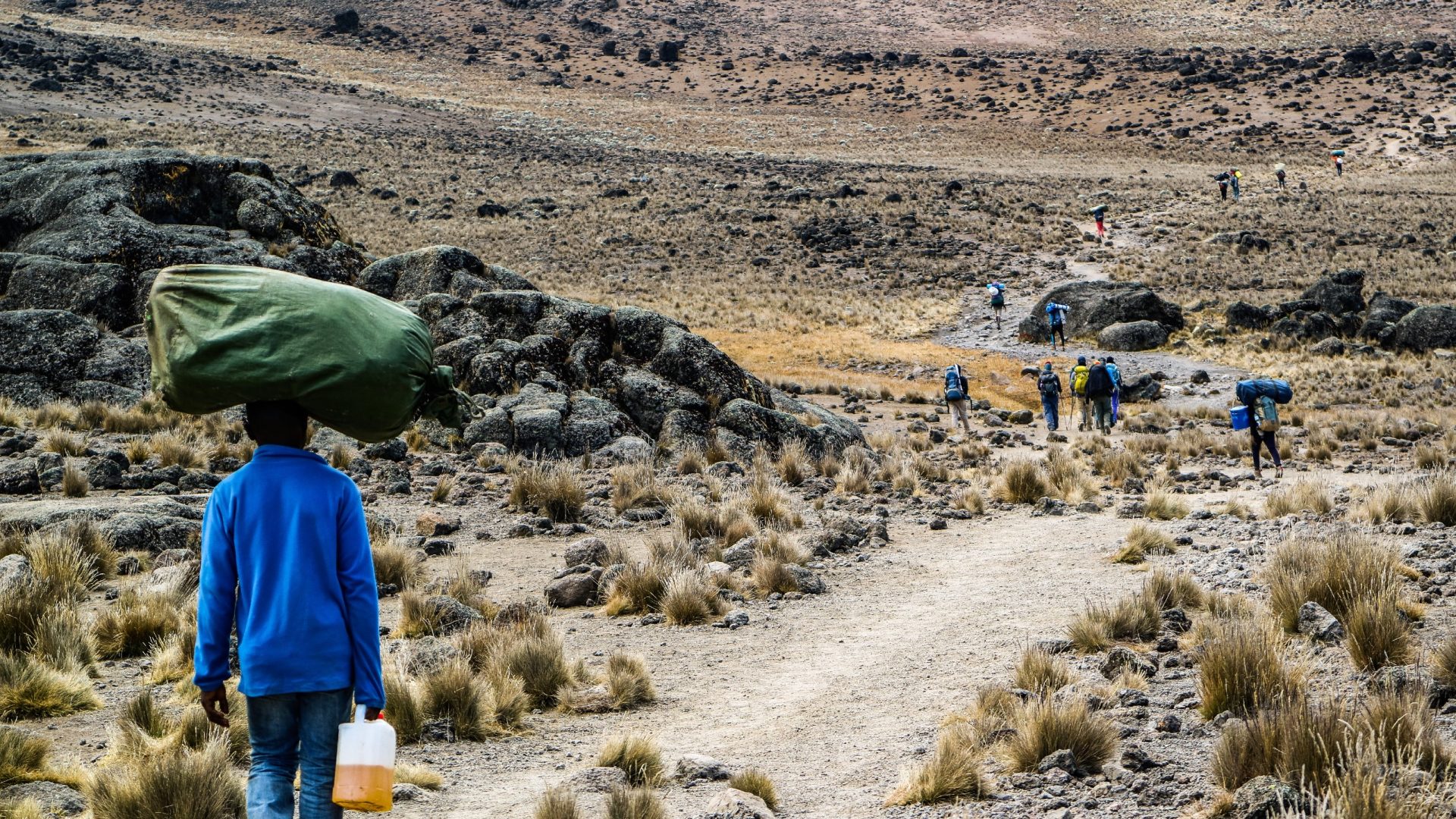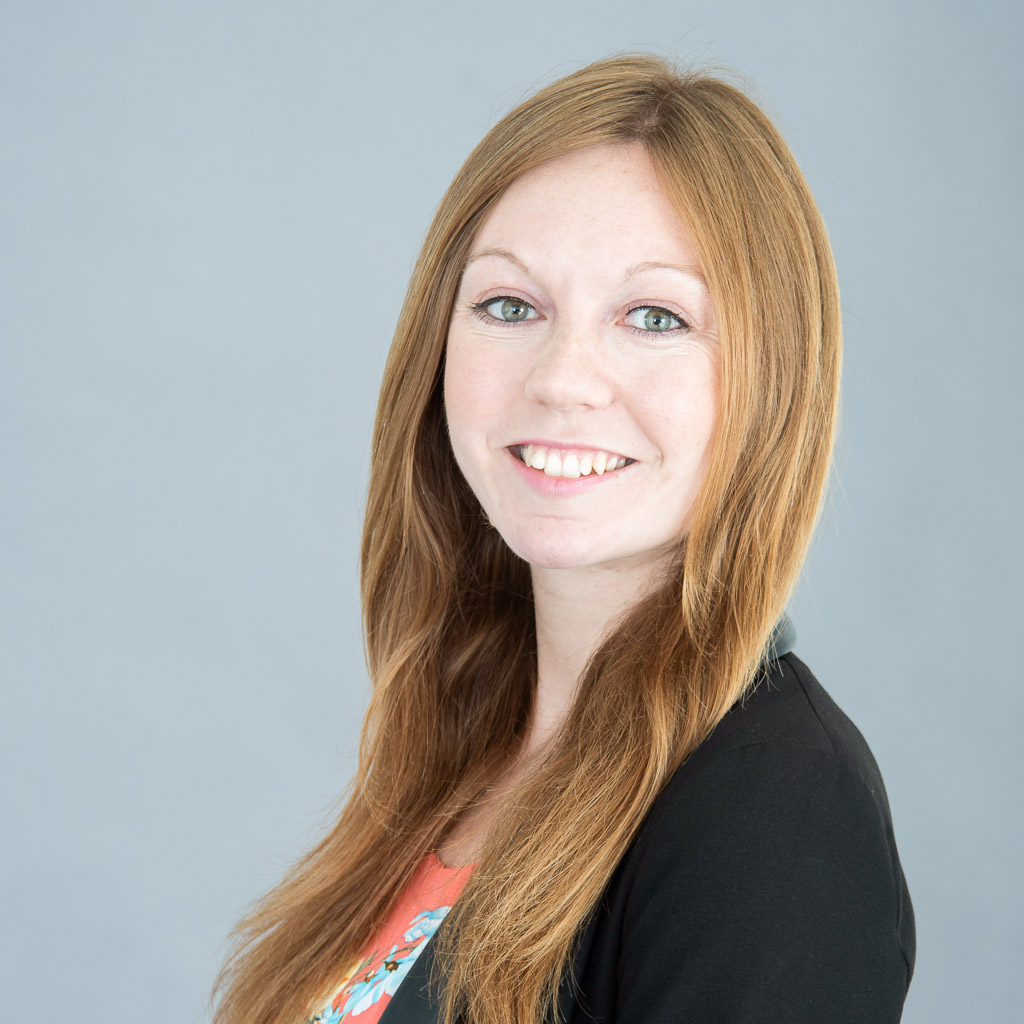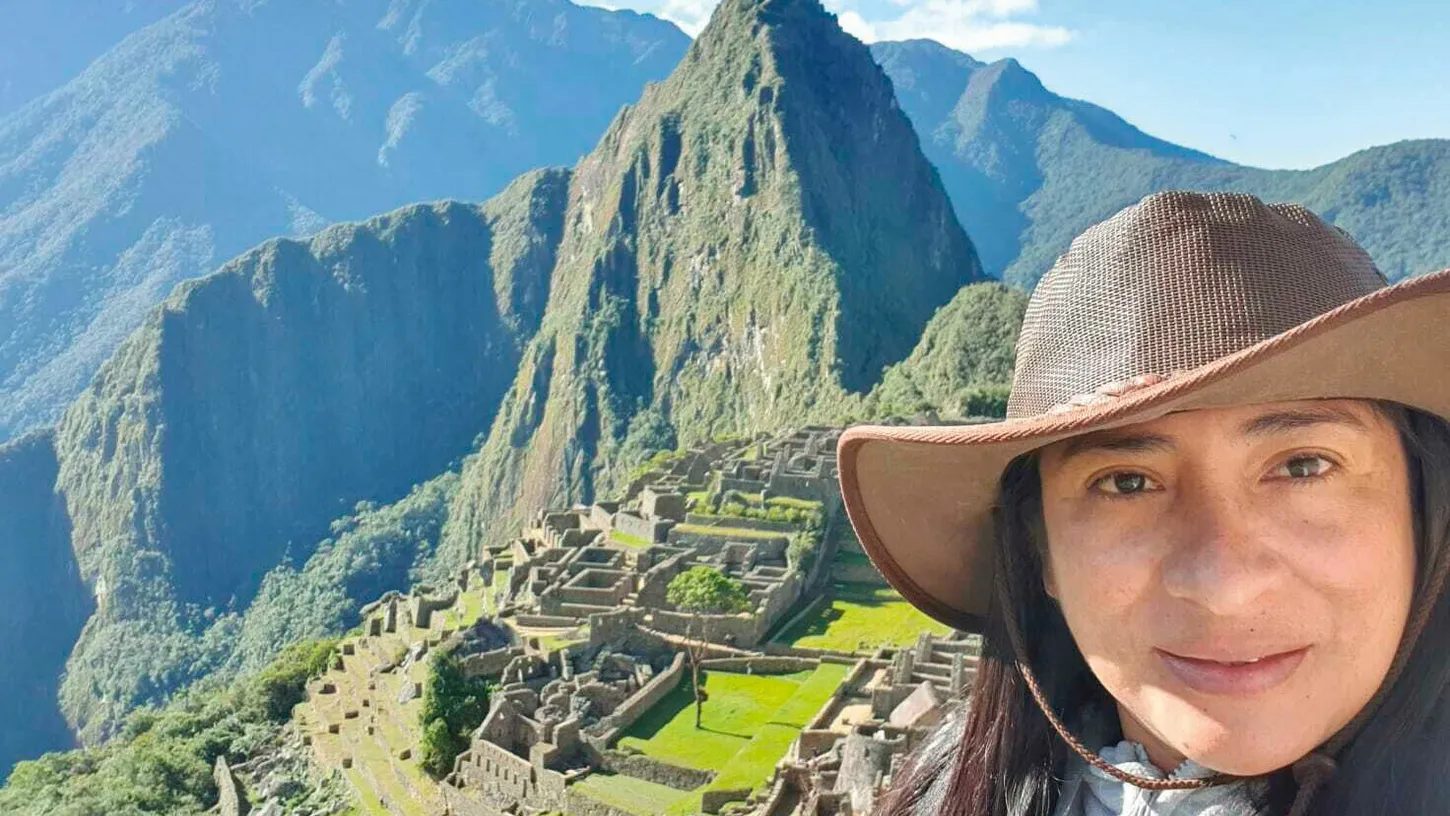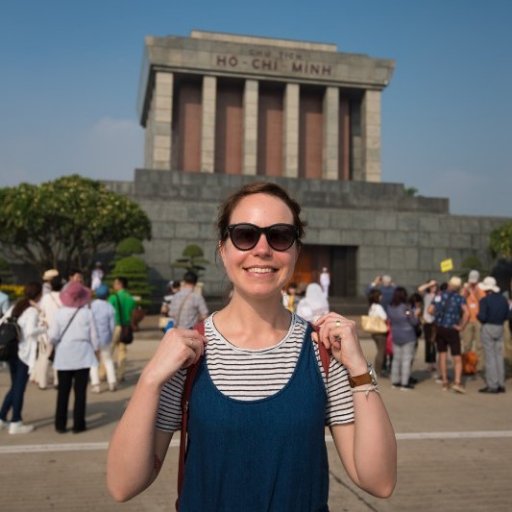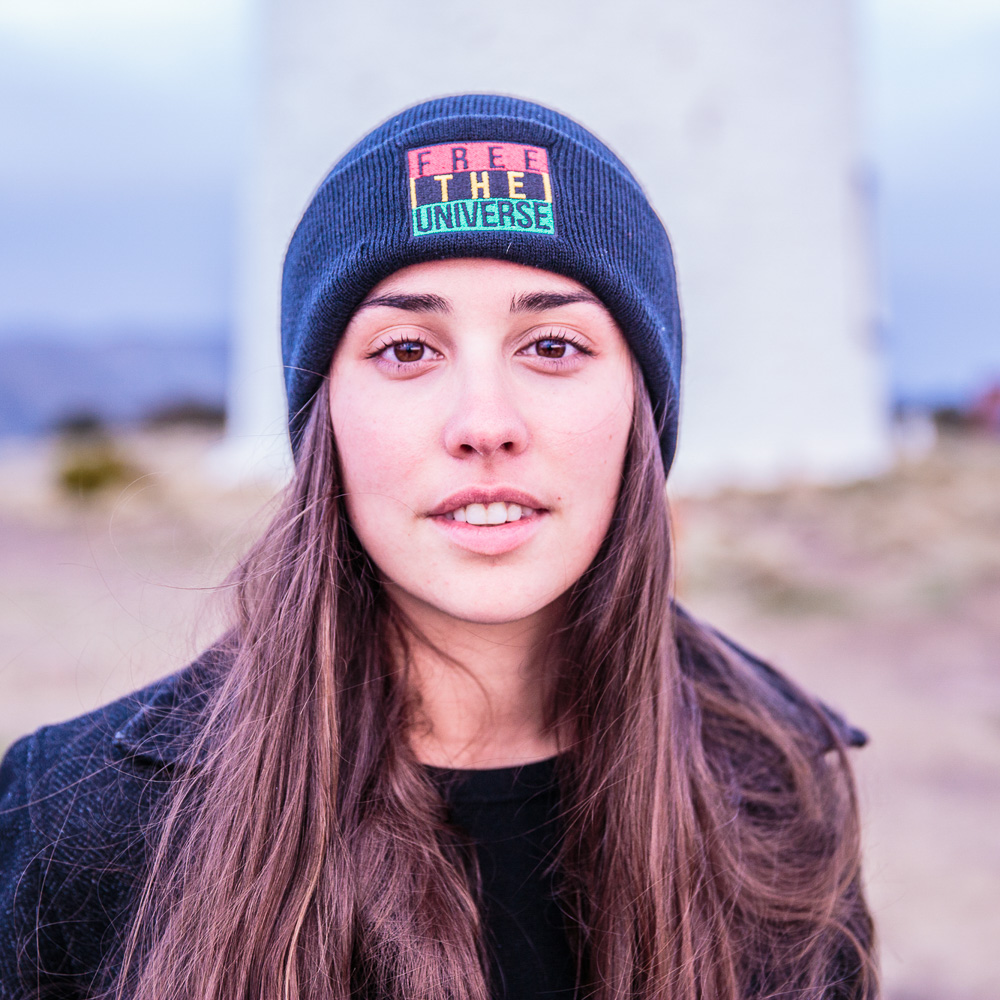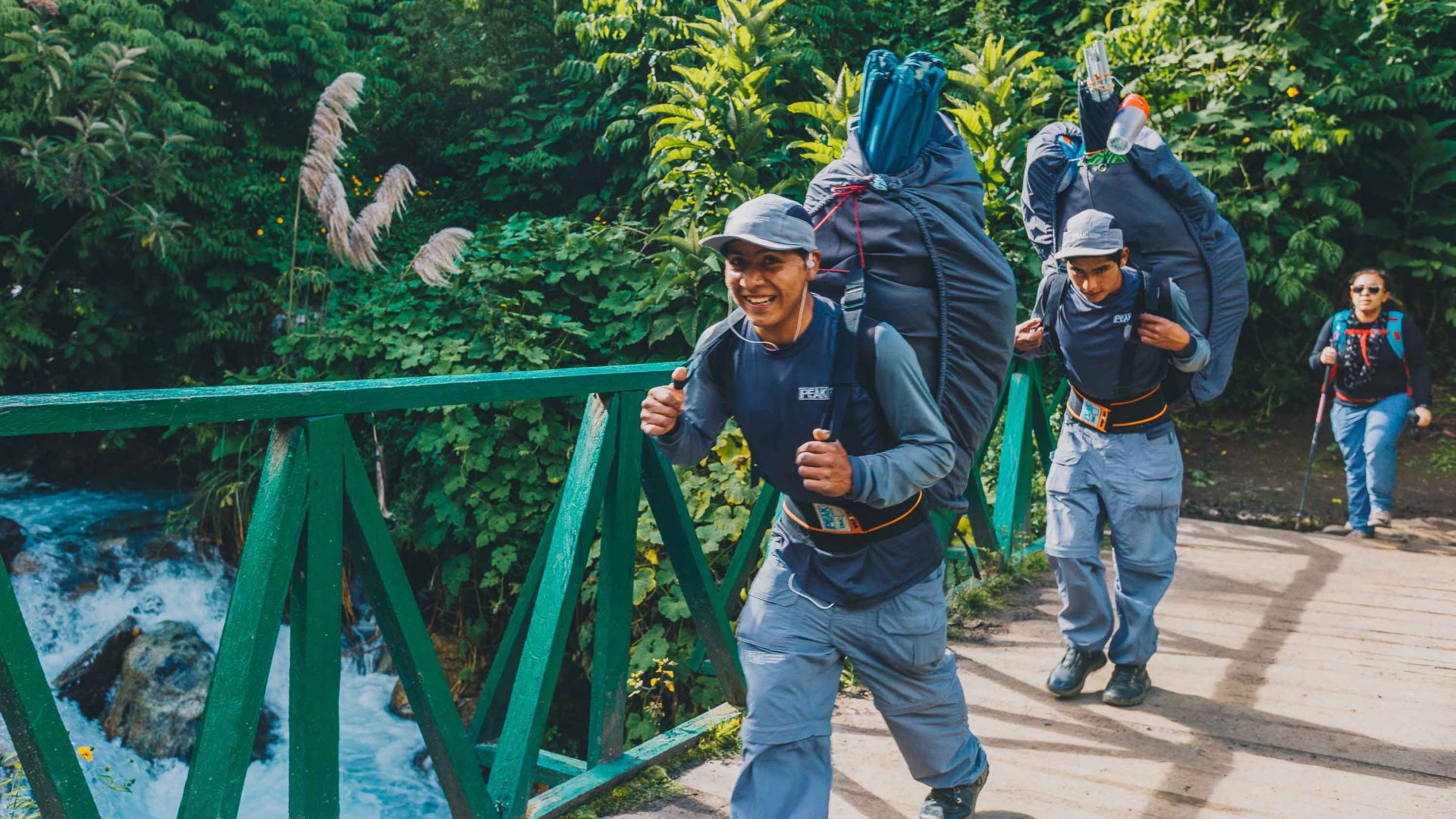The program was supported through donations from The Intrepid Foundation, and Karen says it’s been a huge success. By teaching porters the basics or permaculture, they’ve been able to pass that knowledge throughout the community. “It’s been phenomenal,” she says. “Thanks to the Intrepid Foundation, we taught 344 porters how to grow their own food, and 813 gardens were created as a result. People even taught their neighbours how to do it!”
In a way, the pandemic has pivoted the entire model of KPAP. Before COVID-19, the organization ran a few classes for porters, but these were mostly concerned with first aid or Leave No Trace (making trekking more eco-friendly on Kilimanjaro). Now they see the potential to improve not just working conditions for porters, but the quality of life for entire communities. Friends. Neighbours. Children. Parents. Everyone working and growing together, insulated from the highs and lows of seasonal tourism.
“We want to continue expanding these programs,” Karen says. “The mountain crew, they’re getting older, and they can’t trek forever, so these are crucial life skills. It’s given porters a reliable source of income, but also peace and love and family. We’re really just getting started.”
—-
If you’d like to support KPAP, and the porters of Kilimanjaro, you can donate through The Intrepid Foundation. Intrepid will match each donation dollar for dollar.
This article was originally published on The Journal by Intrepid.
